READY TO GET STARTED?
REQUEST A FREE ESTIMATE
Fill out the form below or call (888) 466-7849 for a free, no-obligation estimate.
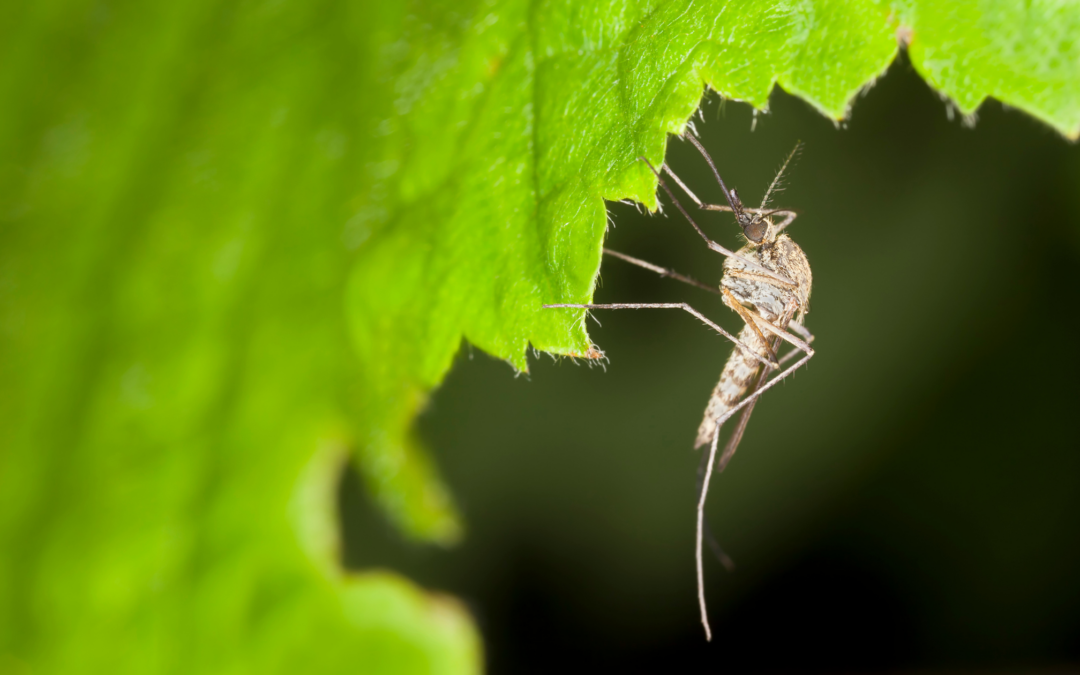
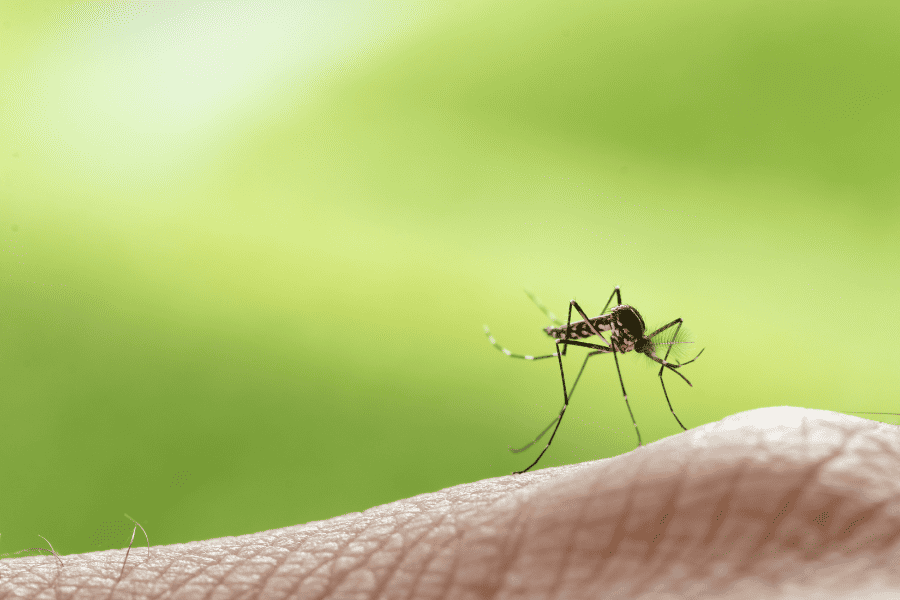
Florida’s tropical weather creates a thriving mosquito environment, often dealing with these nuisance pests year-round. Once mosquitoes invade your yard, they can ruin all your outdoor fun and even transmit diseases, including the West Nile and Zika viruses. One of the best ways you can avoid mosquitoes is creating a less-attractive environment. We breakdown our top 3 mosquito prevention tips you can use throughout your property so you can enjoy your yard again!
To survive and breed more larva mosquitoes, these pests need the smallest amount of standing water. It’s crucial to remove all standing water from your property, especially after a thunderstorm. Consider the following tips to reduce moisture on your property:
Your yard line is the first defense in avoiding mosquitoes so it’s crucial to maintain it on a regular basis; consider these tips on keeping a tidy yard:
Do-it-yourself mosquito prevention will always help efforts in avoiding a mosquito infestation but sometimes it’s best to call a professional mosquito control company for help. These experts will be able to provide you with a mosquito control plan, which typically include:
If you have a problem with mosquitoes or would like to start mosquito prevention now, call your Florida pest control company today!
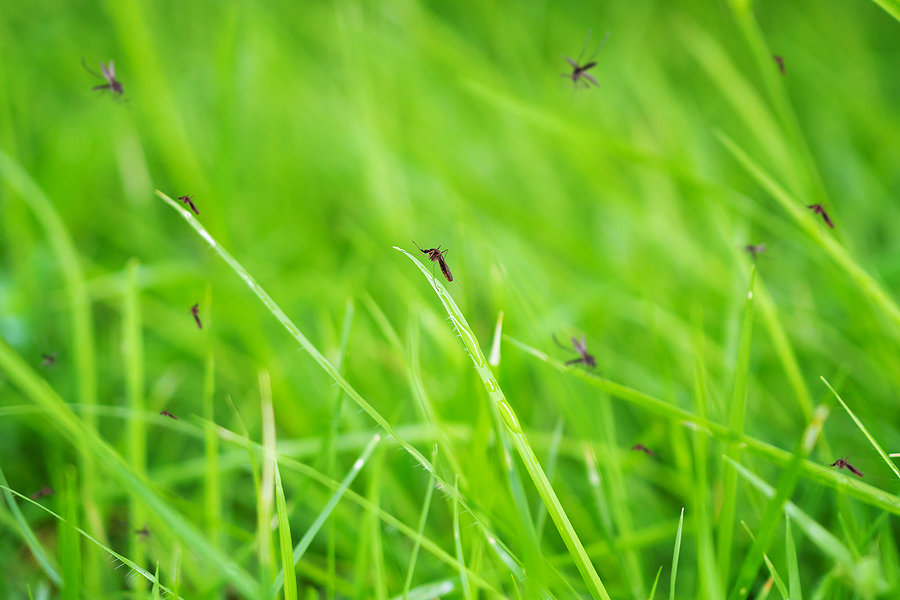
It’s safe to say that all Florida homeowners dread the arrival of mosquito season! It’s inevitable to run into these insects but that doesn’t mean they have to take over your yard. We breakdown common DIY mosquito control tips you can utilize in your yard!
To survive and breed, mosquitoes only need a small amount of water and will look to your yard for it. One of the best ways to repel mosquitoes from your property is to reduce standing water throughout it. Remove any items that could hold water for more than a week and become a mosquito breeding ground, including empty flowerpots, buckets, tires, toys, and pet bowls. For items that tend to stay outside, like birdbaths and gutters, make sure you are regularly cleaning them, clearing out old water and debris.
Your back porch or patio can quickly be taken over by mosquitoes and ruin your outdoor fun. Mosquitoes are weak fliers and are easily manipulated by wind. Consider utilizing fans to help deter them from getting close to you in certain outdoor areas. Fans can also work to disperse carbon dioxide and other mosquito attractant odors our warm-blooded bodies let off.
Certain plants and oils can deter mosquitoes naturally from your Florida home. You can mix essential oils such as lemon eucalyptus, peppermint, or tea tree with water and vinegar to repel mosquitoes. Likewise, there are several plants you can plant in your yard to deter mosquitoes, including citronella, lavender, marigold, rosemary, thyme, and basil.
Adult mosquitoes tend to rest in shaded, cool areas so it’s important to create an environment without these factors to keep them away. Continue maintaining your yard by keeping your grass mowed frequently and keeping shrubbery trimmed. If your yard has wood or lawn debris, it’s best to clean up as soon as possible or relocate it at least 20 feet away from the property.
While the above DIY tips can provide mosquito-relief sometimes it’s best to call a professional for an ongoing solution to mosquito activity. A pest control provider near you will provide you with a thorough inspection and recommend the best mosquito control options for your home based on your mosquito situation. These mosquito professionals will also provide you with further tips and tricks on avoiding mosquito infestations in the future.
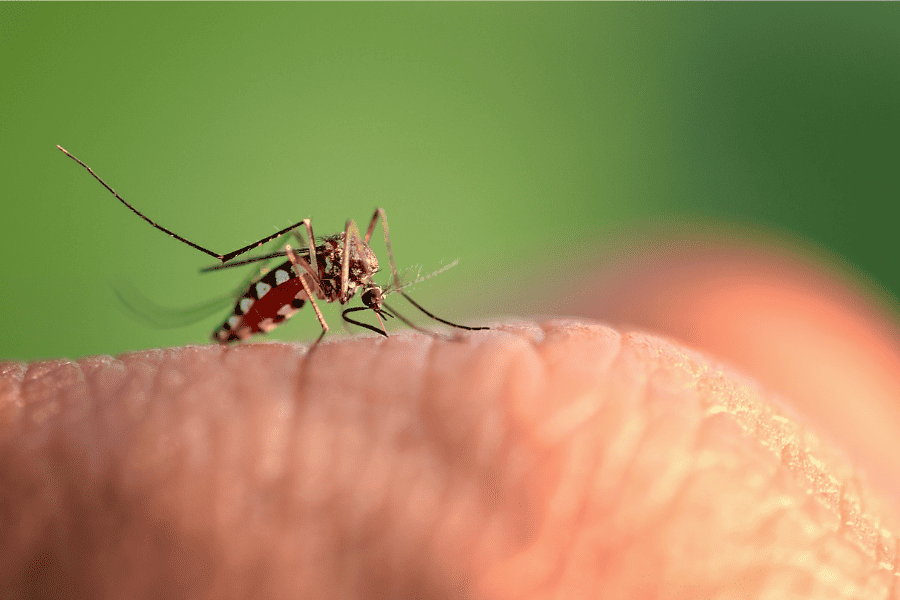
In Florida, it can seem like mosquito activity will never end. With our tropical, humid weather, mosquitoes thrive and invade our yards looking for standing water to breed. Besides being a nuisance, these pests can also pose health hazards to both humans and animals, transmitting diseases like the West Nile virus and the Zika virus. So, when does mosquito season end in South Florida?
The official mosquito season typically runs from around March through September or October. Though, since Florida is in a tropical area, mosquito season tends to be year-round, often starting as early as February and ending as late as November. While it’s not ideal to deal with mosquitoes year-round, there are certain things you can do around your home to prevent these pests from taking over your yard. Check out our do-it-yourself mosquito control steps you can take to help minimize mosquitoes around your property:
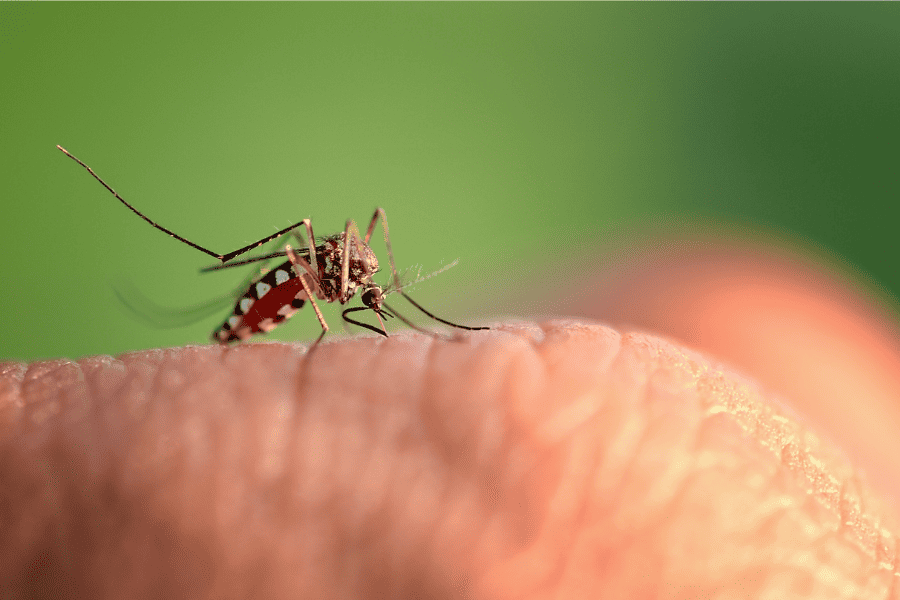
Mosquito season is still in full swing in Homestead, Florida, which means there’s still time to implement some mosquito prevention strategies to lessen the population of mosquitoes around your property. Let’s go over the best tips to get started right away.
Mosquitoes love standing water and even utilize these areas as breeding grounds. The easiest way to identify the worst of these areas is noticing clouds of mosquitoes flying above still bodies of water such as ponds and lakes. If you have any stagnant water in your garden or yard, whether it’s a bird bath, bucket, pool cover, gutters, or even some landscaping, it’s best to remove it or change out the water. Additionally, remove any mosquito eggs that have been deposited along the edges of these items by scrubbing the surfaces.
Did you know that mosquitoes, just like humans, prefer to be out of the sunshine every once in a while? They prefer to hang out in tall grass, shrubbery, bushes, and foliage. Here are some quick tips to help maintain your lawn to lessen mosquitoes:
Mosquitoes can seem like an endless battle, but you should never have to handle it alone. There are several mosquito control options you can invest in for your Homestead property. A local Florida pest control company can provide you with a mosquito reduction plan that is perfect for your needs and schedule. Request a FREE mosquito estimate today!